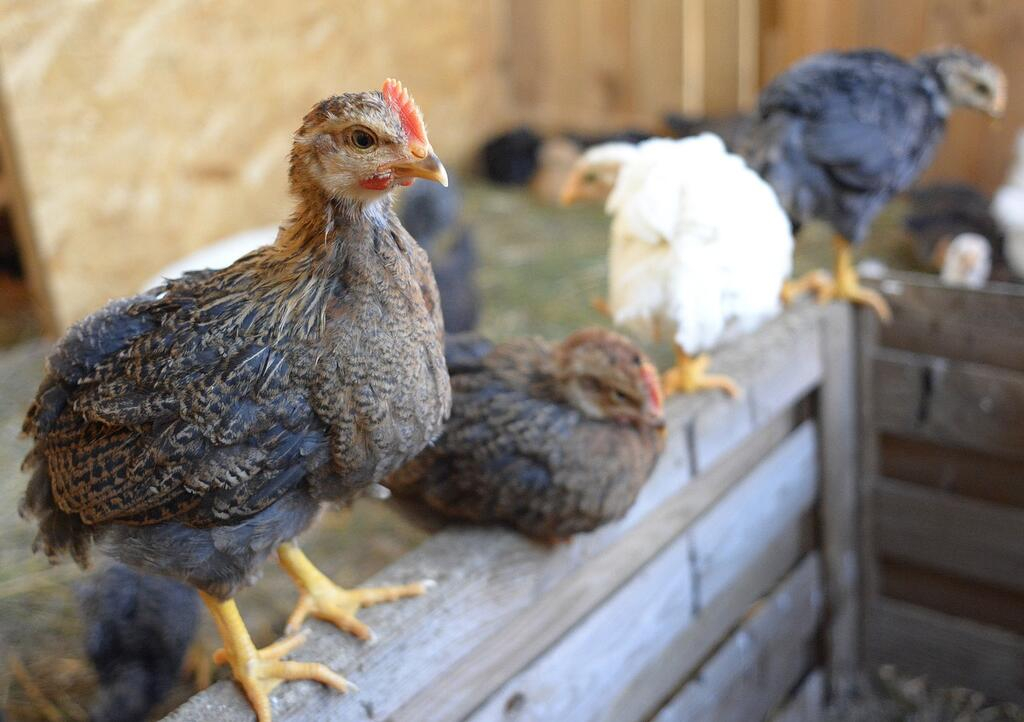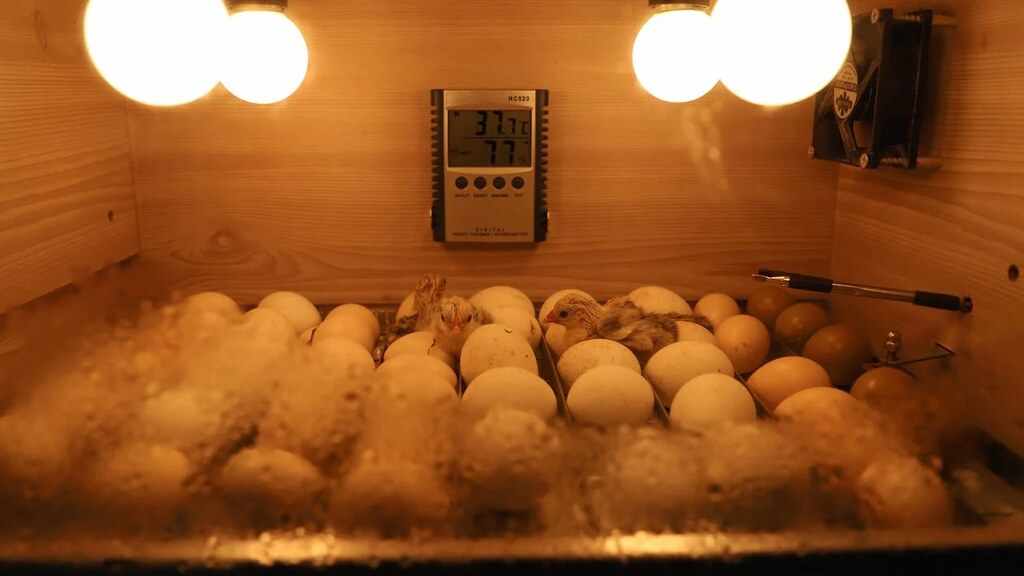As more people embrace sustainable living and the joys of backyard farming, chicken coops have become increasingly popular. However, maintaining a comfortable and efficient environment for your feathered friends can be challenging, especially regarding energy consumption.
That’s where solar power comes in, offering innovative solutions to enhance your chicken coop while reducing your carbon footprint.
In this article, we’ll explore six solar-operated upgrades that can revolutionize your backyard chicken coop, making it more efficient, comfortable, and environmentally friendly. The right coop can make a big difference in efficiency and protection. Explore a range of high-quality options for your chicken that suit your needs here.
1. Solar-Powered Lighting Systems
Chickens require about 14-16 hours of light per day to maintain optimal egg production. During shorter winter days, supplemental lighting can help keep your hens laying consistently. Solar-powered lights offer a sustainable solution to this challenge.
By installing photovoltaic solar panels on the roof of your coop or in a nearby sunny spot, you can harness the sun’s energy to power LED lights inside the coop. These systems typically include a battery to store energy for use during cloudy days or at night. With a timer or light sensor, you can automate the lighting schedule to ensure your chickens receive the right amount of light throughout the year.
Solar-powered lighting not only helps maintain egg production but also improves the overall well-being of your flock. Proper lighting can reduce stress in chickens and make it easier for them to navigate their coop during early mornings or late evenings.
2. Solar-Regulated Ventilation Systems

Proper ventilation is crucial for maintaining a healthy environment in your chicken coop. During hot summer months, excessive heat can stress your chickens and even lead to heat stroke. This is true even for relatively heat-hardy birds like dual-purpose lavender orpingtons. A solar-powered ventilation system can help keep your coop cool and comfortable year-round.
These systems typically consist of solar panels, a battery, and one or more fans. The solar panels charge the battery during the day, which then powers the fans to circulate air through the coop. Some advanced systems even include temperature sensors that adjust fan speed based on the coop’s internal temperature.
Installing a solar-powered ventilation system ensures your chickens stay cool and comfortable, even on the hottest days. This improves their well-being and can lead to increased egg production and reduced risk of heat-related health issues.
3. Solar-Operated Water Pumps
Providing clean, fresh water is essential for the health and productivity of your chickens. A solar-powered water pump can automate this task, ensuring your flock always has access to water, even when you’re away.
These systems use solar panels to power a small pump that draws water from a reservoir or rainwater collection system. The water is then distributed to drinking stations throughout the coop. Some advanced systems even include water level sensors and automatic refill mechanisms to maintain a constant water supply.
Solar-powered water pumps not only save you time and effort but also ensure your chickens have access to fresh water 24/ 7. This can lead to improved health, better egg production, and reduced risk of dehydration-related issues.
|
Filtration System: When installing a solar-powered water pump, consider incorporating a filtration system to ensure the water remains clean and free from harmful bacteria or contaminants. Many poultry diseases, such as infectious coryza, turkey rhinotracheitis, and aspergillosis, can come from dirty water. |
4. Solar-Automated Coop Door Openers
Poultry predators pose a significant threat to backyard chickens, especially at night when they’re most vulnerable. A solar-powered automatic coop door opener can provide extra security for your flock while saving you the hassle of manually opening and closing the coop door each day.
These systems use a small solar panel to charge a battery that powers a motor connected to the coop door. You can program the door to open at sunrise and close at sunset, ensuring your chickens are safely locked in at night and free to roam during the day. Some advanced models even include light sensors or timers for more precise control.
By installing a solar-powered coop door opener, you can enhance the security of your flock, reduce predator risks, and enjoy the convenience of automated coop management. This upgrade is particularly beneficial for chicken keepers with busy schedules or frequent travels.
5. Sun-Energized Heating Pads

In colder climates, maintaining a comfortable temperature in the coop can be challenging, especially in nest boxes where hens lay their eggs. Solar-powered heating pads solve this problem, providing gentle warmth to keep your hens cozy and encourage consistent egg-laying.
These heating pads are typically connected to a small solar panel and battery system. They can be placed in nest boxes or other coop areas where chickens congregate. The gentle heat these pads provide can help prevent eggs from freezing in extremely cold weather and create a more inviting environment for hens to lay their eggs.
Solar-powered heating pads not only improve the comfort of your chickens but can also increase egg production during colder months. They can also help reduce the risk of frostbite in extreme weather conditions.
6. Solar-Sustained Coop Cameras
For chicken keepers who want to keep a close eye on their flock, solar-powered coop cameras offer a high-tech solution. These systems use solar panels to power wireless cameras that stream live video of your coop to your smartphone or computer.
Solar-powered coop cameras allow you to monitor your chickens’ behavior, check for signs of distress or illness, and even watch for predators. Some advanced systems include features like night vision, motion detection, and two-way audio, allowing you to interact with your flock remotely.
By installing a solar-powered camera system, you can gain peace of mind knowing you can check on your chickens at any time, from anywhere.
|
Behaviors Indicating Sickness: Chickens exhibit certain behaviors when they are not feeling well, including dullness, fatigue, inattentiveness, and isolation. These sickness behaviors can also help you identify the problem. For example, chickens spreading their wings frequently can mean heat stress. |
Conclusion
By harnessing the sun’s power, you can create a more comfortable and productive environment for your chickens while reducing energy costs and environmental impact. As you explore these solar options, remember that every coop and flock is unique. Assess your specific needs and choose the upgrades that will benefit your chickens the most.
Whether you’re a seasoned chicken keeper or just starting your backyard flock, you can implement these solar-operated upgrades to upgrade your coop.

